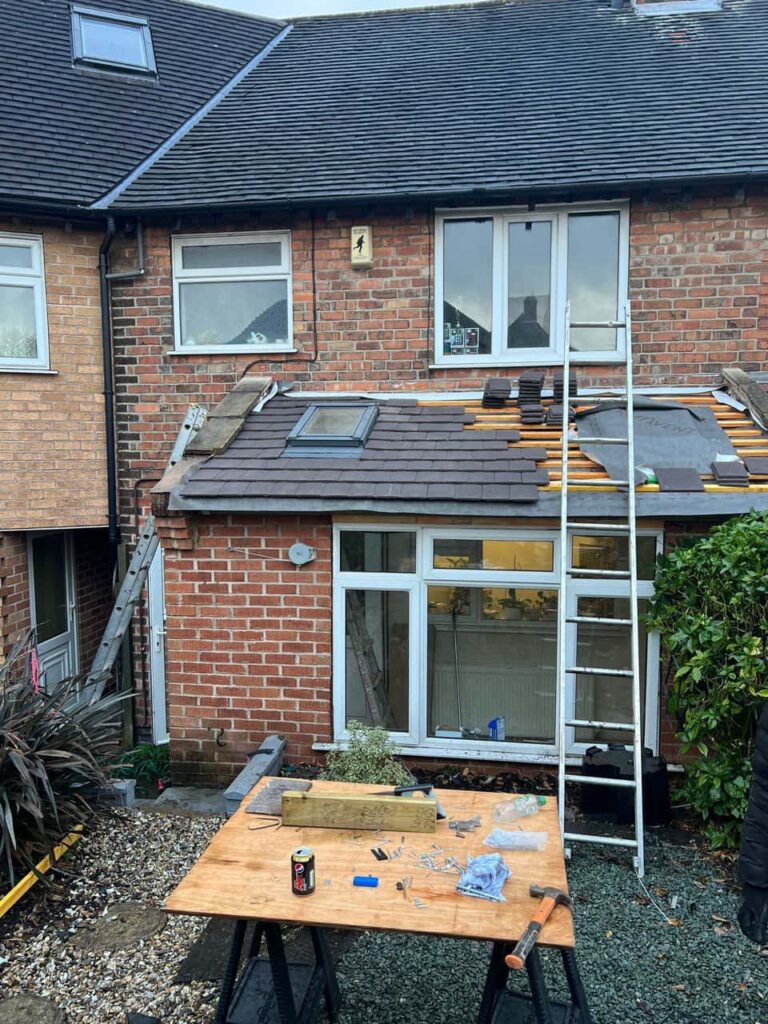Introduction: Congratulations on becoming a new homeowner! Owning a house is an exciting journey, but it also comes with the responsibility of maintenance and care. One crucial aspect of maintaining your home is ensuring the health and longevity of your roof. In this blog post by Stapleford Roofing Repairs, we will discuss why roof inspection is essential for new homeowners and how it helps protect your investment.
Why Roof Inspection Matters
Your roof is vital in protecting your home and everything inside it. Regular roof inspections are a proactive measure that can save you money and prevent potential issues from escalating. Here’s why roof inspection matters:
- Early Detection: Roof inspections can identify small problems before they become significant and costly. Catching issues early can prevent extensive damage and repairs down the road.
- Warranty Compliance: Many roofing warranties require regular inspections to remain valid. By keeping up with inspections, you ensure that any potential warranty claims will be supported.
- Longevity: A well-maintained roof can last longer, saving you money on premature replacements. Regular inspections and maintenance can extend your roof’s lifespan.
- Energy Efficiency: A well-maintained roof with proper insulation and ventilation can improve your home’s energy efficiency. This leads to lower utility bills and a more comfortable living environment.
- Insurance Claims: In case of roof damage due to severe weather, having a documented history of regular inspections can help streamline the insurance claims process.
When to Schedule Your First Roof Inspection
As a new homeowner, you should schedule your first roof inspection shortly after moving in. Here are some guidelines to consider:
- Age of the Roof: If you know the approximate age of your roof, it’s a good idea to schedule an inspection within the first year. Older roofs may require more frequent inspections.
- Recent Weather Events: If your area has experienced severe weather events, such as storms or hail, it’s wise to schedule an inspection as soon as possible to check for any damage.
- Routine Maintenance: A routine inspection can provide a baseline assessment for future reference, even if your roof seems in good condition.
What to Expect During a Roof Inspection
Professional roofing inspectors will assess various aspects of your roof, including:
- Roofing materials: The inspector will check for signs of wear, damage, or missing shingles or tiles.
- Flashing and seals: They will inspect flashing around roof penetrations like chimneys, vents, and skylights to ensure they are sealed properly.
- Gutters and downspouts: Inspectors will evaluate the condition of gutters and downspouts for proper drainage.
- Attic and ventilation: The inspector may also check the attic space and ventilation to ensure no moisture or insulation issues.
- Overall structural integrity: The roof’s structural elements will be assessed for signs of sagging or damage.
Conclusion: As a new homeowner, investing in a roof inspection is one of the smartest decisions you can make. It helps protect your investment, ensures the longevity of your roof, and provides peace of mind knowing that your home is well-maintained.
Call us on: 0115 647 1193
Click here to find out more about Stapleford Roofing Repairs
Click here to complete our contact form and see how we can help with your roofing needs.

